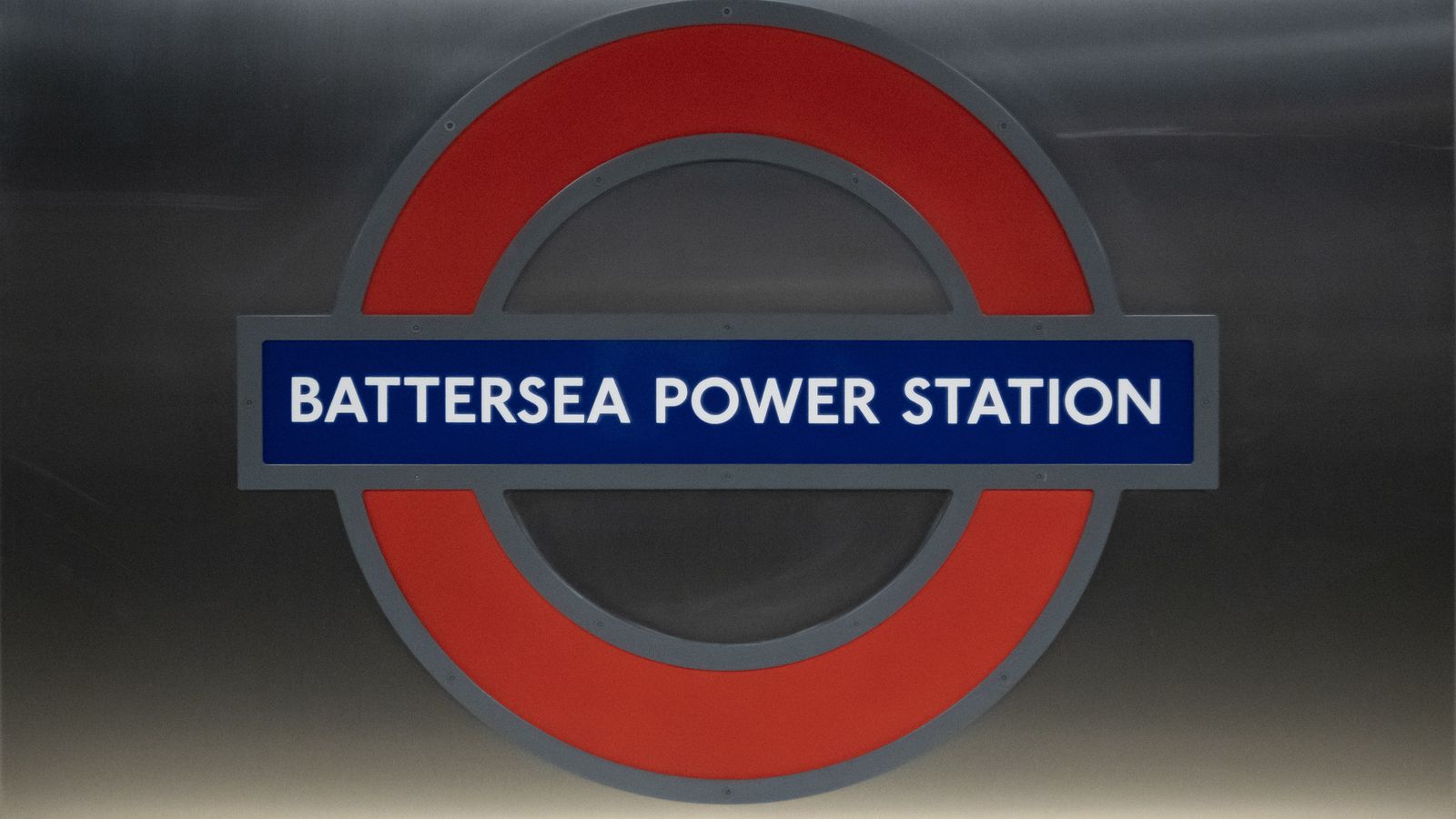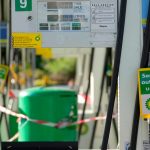Two new Tube stations have opened in south London, with mayor Sadiq Khan saying they will hasten the capital’s pandemic recovery.
Mr Khan and Transport Secretary Grant Shapps were on one of the first trains on the new Northern line extension – made up of Battersea Power Station and Nine Elms.
The £1.1bn expansion is London Underground’s first major investment this century and Mr Khan said it would play a “major role” in helping the city bounce back from the pandemic.
Transport for London (TfL) estimates the new stops will support 25,000 new jobs and 20,000 new homes.
The construction of the two-mile twin railway tunnel between Kennington and Battersea began in 2015.
Billions have been pumped into the area in recent years, including through the redevelopment of Battersea Power Station for residential and business use, and the building of a new US embassy in Nine Elms.
The opening of two new stations brings the total to 272.
Met police knife crime reduction trial fails to result in a single court action
Man jailed for raping and robbing two men he met on dating app
Sven Badzak death: Boy, 16, is third person to be charged with murder after aspiring lawyer fatally stabbed
Sadiq Khan and the government have been embroiled in a long-running row over funding for TfL, but the mayor said he was “proud and grateful” to be joined by Mr Shapps.
He said: “It’s great to see the difference investing in infrastructure makes in relation to unlocking jobs and homes.
“Most of the things we’re using today were built around the country. Every pound we spend on the Underground, 55p goes to the rest of the country.
“I’m quite clear, you don’t make our country more equal by making London poorer.”
Mr Khan has repeatedly called for the government to give TfL a long-term funding package as its finances struggle to cope with a collapse in fares revenue during the pandemic.
The latest agreement worth £1.08bn was awarded on 1 June but only lasts until 11 December.
The Greater London Authority borrowed £1bn from the Treasury for the project, which will be funded through business rates revenue from the local area and about £270m of contributions from developers.






















